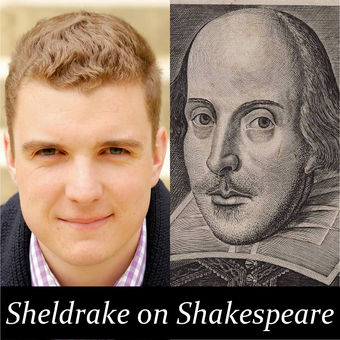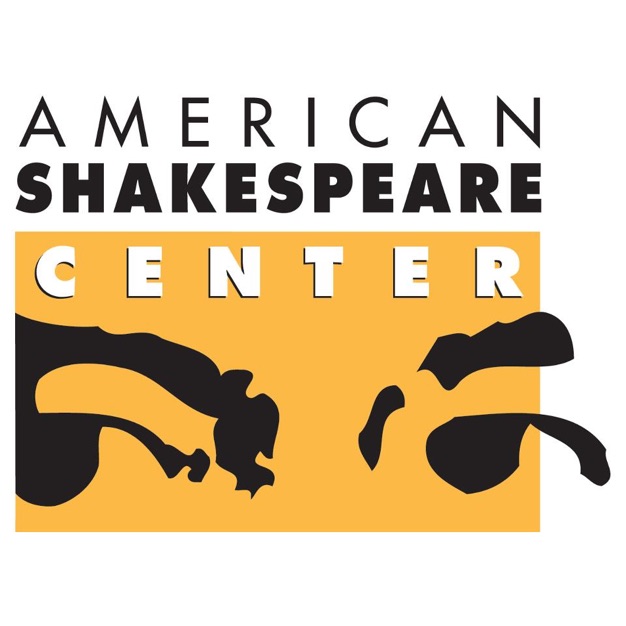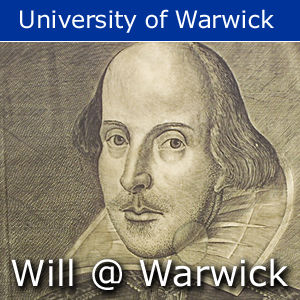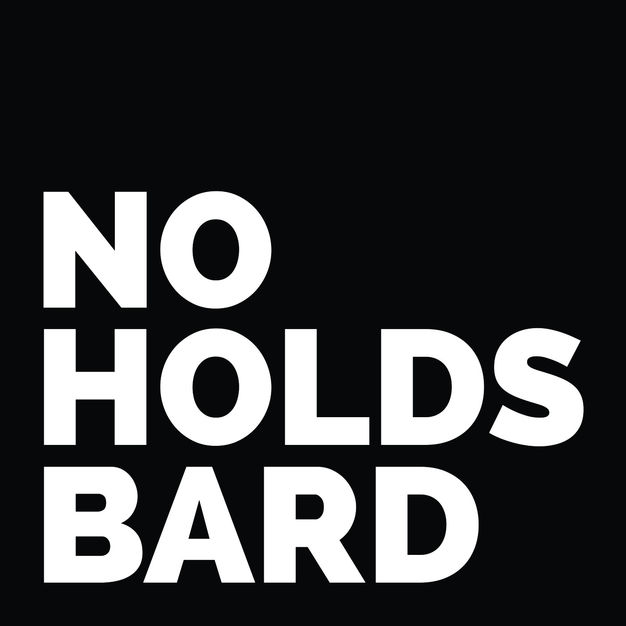
Podcasts – Sheldrake on Shakespeare
James Sheldrake
James Sheldrake, jack of all literary trades, attempts to say something valuable about each of Shakespeare's plays in handy 15-minute instalments.
- Hamlet – Rhetoric
In an unprecedented second episode on a play, Sheldrake examines the linguistic DNA of Hamlet and finds three rhetorical techniques that perform what Shakespeare is also doing with the big ideas in this play: Hendiadys, Metonymy and Synecdoche.
Podcasting on Shakespeare is a profound pleasure but, if you would like to buy me a coffee, click here: DONATE
24 May 2024, 12:19 pm - Richard III – Queen Margaret
In an episode dedicated to a great Shakespearean, Mr John Branston, Sheldrake drifts slightly from the one-play-one-idea tagline to focus on one character in this play: Queen Margaret. After her long march through the Henry VI plays, how does she wrest some control of the audience’s perspective from Richard and, in the end, does it make any difference?
Podcasting on Shakespeare is a profound pleasure but, if you would like to buy me a coffee, click here: DONATE
10 May 2024, 1:50 pm - Special: Interview with RADA ex-Head of Voice Robert Price
Few people in the world will have spent as many hours working on the delivery and performance of Shakespeare as Robert Price. After a career as an actor, he was the Senior Voice Tutor at RADA 2007-15 and a voice tutor at LAMDA for many years. He therefore has huge experience with and a rare perspective on how to ‘speak the speech’. A few weeks ago I managed to convince him that what he really wanted to be doing with a chunk of his busy schedule was talking to me about Shakespeare and the voice. I hope you enjoy listening to our conversation.
Podcasting on Shakespeare is a profound please but, if you would like to buy me a coffee, click here: DONATE
26 April 2024, 10:04 am - Hamlet – Is anything original?
In the first of two episodes on this mightiest of plays, Sheldrake compares the plot of Shakespeare’s Hamlet with its sources, uncovering a tremendous amount of ‘literary upcycling’ but also a profound and imaginative tribute to the power of theatre at the play’s core.
First preview of Sheldrake on Shakespeare: Live! THIS FRIDAY 2nd June, 7pm at the Etcetera Theatre, Camden.
Oxford preview on Thursday 8th June, 7.30pm at the Old Fire Station, Oxford.
All previews and the Edinburgh run listed here: https://sheldrakeonshakespeare.com/
Listen again to my interview on BBC Radio Oxford here at 1:10:00: https://www.bbc.co.uk/sounds/play/p0fl3f14
30 May 2023, 1:12 pm - A Midsummer Night’s Dream – Why so popular?
In his return to the airwaves, Sheldrake considers the extraordinary popularity of A Midsummer Night’s Dream and concludes that it is the dark matter in the middle of this festive comedy sandwich that makes the play such a satisfying experience overall.
Sheldrake on Shakespeare Live! London previews:
Rosemary Branch Theatre 14th July
Barons Court Theatre 23rd July
Link to FringeMakers crowdfunder
Further reading for this episode:
Anatomy of Criticism, Northrop Frye, 1957
Shakespeare’s Festive Comedy, CL Barber, 1959
23 April 2023, 11:10 am - Henry V – The Play, The Myth, The Legend
Henry V: one of the most patriotic characters and plays in all of literature, surely? Not so, says Sheldrake. Henry V and his world are thoroughly morally ambiguous.
Also available on iTunes: http://tinyurl.com/ndhzfxm
24 February 2019, 5:50 pm - Henry IV Part 2 – Learning to Play
https://sheldrakeonshakespeare.com/wp-content/uploads/2015/07/henry-iv-part-2-learning-to-play.mp3
How did people learn to act in the Renaissance? Did the texts themselves co-operate in teaching newish actors how to do certain things? Sheldrake thinks so.
13 July 2015, 11:58 pm - Henry IV, Part 1 – History and Personality
What to say about Henry IV Part 1? In the first of three main episodes, each of which will tackle one play in this Henriad, Sheldrake explores a play about history and personality, focussing on Prince Henry and his rival for glory Harry Hotspur.
Also available on iTunes: http://tinyurl.com/ndhzfxm
15 June 2015, 9:25 pm - Short SoS – Teaching Shakespeare
https://sheldrakeonshakespeare.com/wp-content/uploads/2015/06/short-sos-teaching-shakespeare.mp3
He claims no monopoly on wisdom in this area, but as an academic year draws to a close and the long vacation heaves into view, Sheldrake reflects on his experiences of teaching Shakespeare.
Also available on iTunes: http://tinyurl.com/ndhzfxm
1 June 2015, 3:35 pm - Troilus and Cressida – Shakespeare’s Ugliest Play
We associate Shakespeare with humanity, warmth, generosity and kindness when he writes about people who have made a wrong decision. Even Richard III at the beginning of his play tells us what a dreadful life he’s had until now. Troilus and Cressida is different. Shakespeare is merciless with his characters and shows the Trojan War as a perverse catastrophe for everyone unlucky enough to be caught up in it. From the scheming warriors at the top to those suffering at the bottom, Shakespeare shows us two civilisations, Greece and Troy, buckling under their own weight.
Also available on iTunes: http://tinyurl.com/ndhzfxm
18 May 2015, 8:47 pm - Short SoS -Shakespeare and Evil
https://sheldrakeonshakespeare.com/wp-content/uploads/2015/05/short-sos-shakespeare-and-evil.mp3
Thanks to a couple of nearby anniversaries, we are hearing more than ever not only what great theatre Shakespeare is, but also what a positive influence he is. By and large, this is true. But the commemorative coin has another side, which is Shakespeare’s repeated mobilisation by fascists, racists and regimes we despise. Firstly, this is a story worth telling. Secondly, what does it mean for the plays today? Ahead of a talk on the subject in Oxford on 11th May, Sheldrake thinks aloud.
Also available on iTunes: http://tinyurl.com/ndhzfxm
4 May 2015, 6:37 am - More Episodes? Get the App
Your feedback is valuable to us. Should you encounter any bugs, glitches, lack of functionality or other problems, please email us on [email protected] or join Moon.FM Telegram Group where you can talk directly to the dev team who are happy to answer any queries.
 American Shakespeare Center Podcast Central
American Shakespeare Center Podcast Central
 Will@Warwick - insights into the work of William Shakespeare
Will@Warwick - insights into the work of William Shakespeare
 The Pendant Shakespeare audio drama anthology
The Pendant Shakespeare audio drama anthology
 No Holds Bard
No Holds Bard